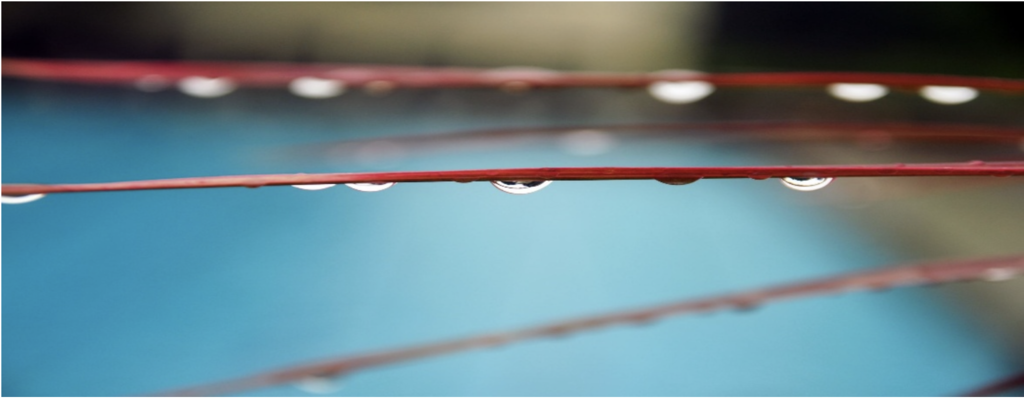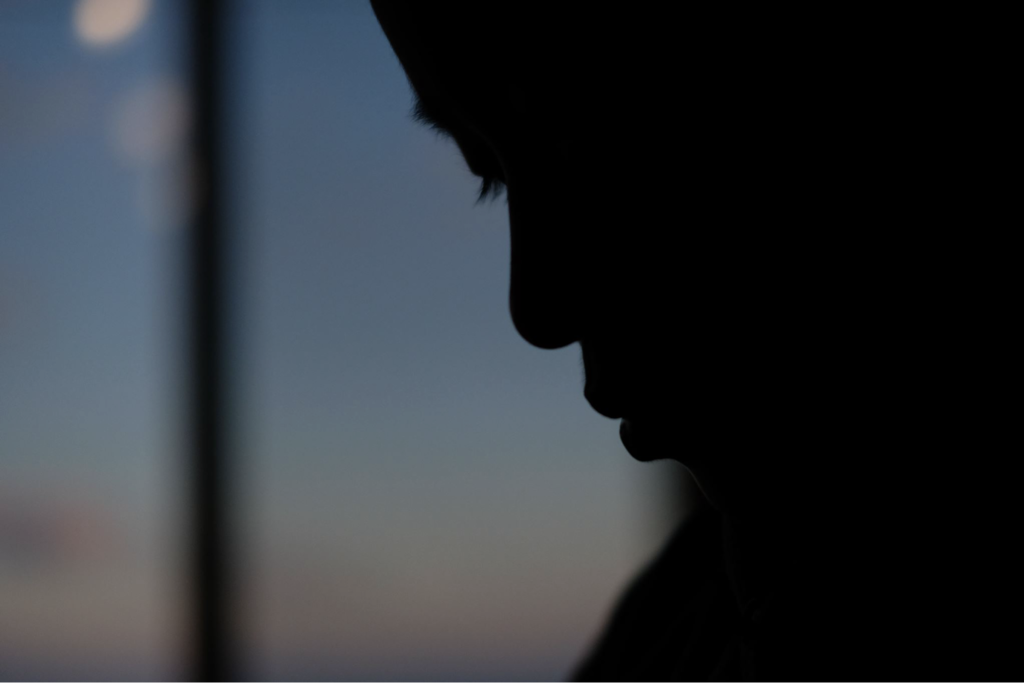
Because The Stakes Are High......
Our natural instinct, when we feel threatened or fearful, is to control and protect. Parenting adolescents in the age of the internet, and in the face of widespread vaping and chronic marijuana use, has created new layers of threat and fear in already tumultuous territory. When we discover that our teens are sending inappropriate photos of themselves to others, are vaping in the school bathroom, or are smoking weed in their bedrooms after the rest of the house has gone to sleep, our natural instinct as parents is to take their cell phones away or ground them for weeks or even remove the door of their bedroom. Usually, these responses are couched in anger, but beneath the anger and extreme response is terror.
As parents, we feel that our child’s health, life, and future are being threatened. The fear underneath the anger expressed is primal. And our natural response to primal threat and fear is to control and protect. Our intention is good. Every fibre of our being screams that we must correct this behaviour because this behaviour threatens the well-being of our child. But when we focus on correcting the behaviour through attempts to control and punish, we miss the most important question of all: What pain is my child trying to soothe right now? And we miss the opportunity to truly reduce the threat that the behaviour creates by missing the opportunity to support them in trying to figure that out and work from there.
Posting or sending sexually explicit photos may be a means of soothing the pain of not feeling valued or worthy without the attention or approval of another – an attempt to manage the distress of feeling invisible, unnoticed, or not good enough. Vaping in the bathroom at school may be a means of managing physical withdrawal symptoms from a habit that initially developed out of desperation to feel something good in the face of so many other things feeling bad. Smoking weed in the darkness of their bedroom long after they should be asleep might be an attempt to experience some relief from overwhelming anxiety or a deep loneliness they can’t seem to otherwise escape.
Can we, as parents, respond in a way that feels counter-intuitive because it requires us to pause our natural response to try to protect through immediate control and behaviour correction and, instead, protect our hurting teens by responding with compassion and attempts to understand and connect?
This is not quick and it is not easy. And, yes, the stakes are high. But it is precisely because of just how high the stakes are that it so important. As parents, we can best support our teens in reducing these behaviours by maintaining connection and relationship with them and supporting them in figuring out what pain these behaviours are being used to soothe and how they might manage that pain differently.
We are not bad parents because we react with punishment. We are scared because we love them so much. Our intent is good. And I remind my teen clients of this because it is important for them to understand the need beneath their parents’ behaviours. They are not bad kids because they post inappropriate photos, vape in the school bathroom, or smoke weed before bed. They are hurting and trying to get some temporary relief. Their intent is good. And I remind parents of this because it is even more important for us to understand the need beneath our teens’ behaviours. Because the stakes are too high for us not to……
